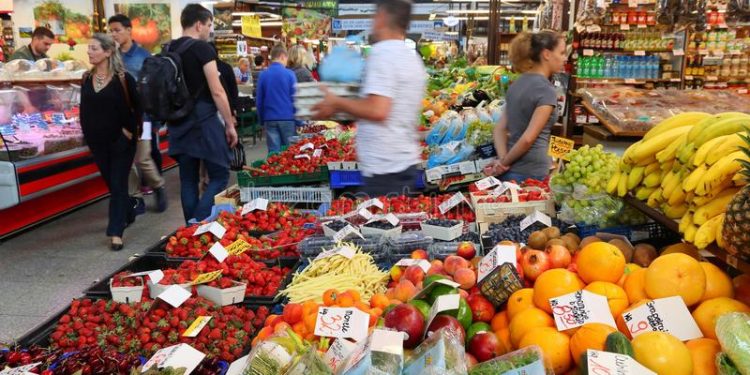The restrictions on the export of wheat, fertilizers and other commodities imposed by some countries in an attempt to control rising domestic prices are rather having a detrimental impact on global food prices. This is essentially giving rise to the emergence of the worst global food crisis in a decade.
According to an update by the World Bank on its website, these actions (banning or restricting exports) are self-defeating because they reduce global supply, driving food prices even higher. Other countries respond by imposing restrictions of their own, fueling an escalating cycle of trade actions that have a multiplier effect on prices.
Similarly, in World Bank’s April 2022 Commodity Market Outlook, the bank highlighted that the war in Ukraine has disrupted global patterns of trade, production, and consumption of commodities in ways that will keep prices at historically high levels through the end of 2024.
This suggests that the rising global food prices is already a crisis that has to be dealt with, and the exacerbating effect of export bans which are counter-productive and do not reduce domestic prices result in increased food insecurity.
Already everyone is being hit by the rising food prices, the sanctions imposed on Russia are also having a knock-on effect on the world economy, and several countries are beginning to take measures to mitigate the impact of the crises on their citizens. However, for developing countries that can only do little in the short-run as they tend to be the net importers of food, the poor people in these developing countries (in Africa, Asia, Latin America, and the middle East) are hit the hardest.
The World Bank stated that “in March, Russia, the world’s second-largest exporter of wheat with a 17.5 percent share by volume, announced a temporary ban on exports of wheat and other grains. It was followed by smaller exporters such as Kazakhstan and Türkiye. As of early June, 22 countries had imposed restrictions on wheat exports, covering 21 percent of world trade in the grain. These restrictions led to a 9 percent increase in the price of wheat; about one-seventh of the total increase in prices since the beginning of the war”.
According to the World Bank, a total of 34 countries have imposed restrictive export measures on food and fertilizers. This number is approaching the levels of the 2008-2012 food crisis, where a total of 36 countries-imposed export restrictions contributing to price surges of key staples like wheat and rice by well over 30 percent.
How Export Restriction Raises Food Prices
- In a situation where the export of a product is restricted or outrightly banned, the ban will result in a reduction in the supply of the product in the global markets. Given that new condition in the market, the interaction of demand and supply for the commodity automatically fixes a new higher price, reflecting that more money is chasing the limited supply of the product.
With all the happenings however, there seems to be a sign of hope as representatives from more than 100 member countries of the World Trade Organization (WTO) at its 12th ministerial meeting last month, agreed to intensify efforts in facilitating trade in food and agricultural products, including cereals and fertilizers.











